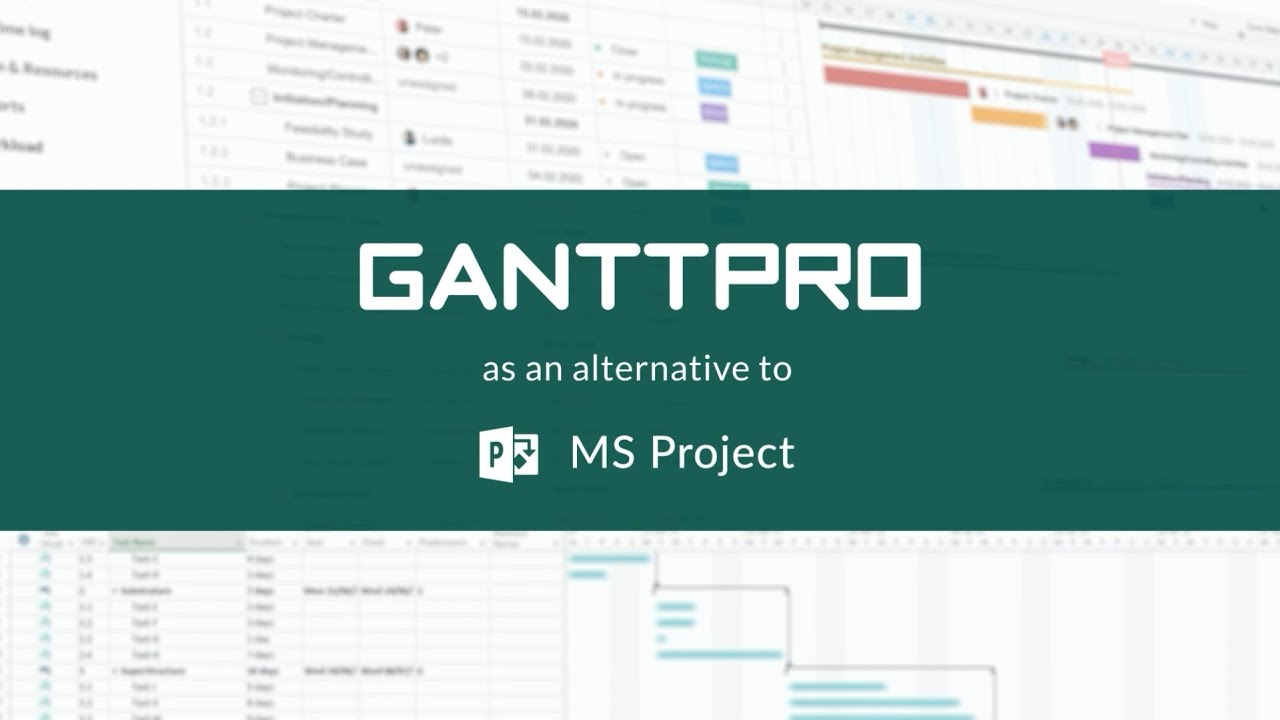PMBOK: Project Procurement
Project procurement is a critical aspect of project management that involves acquiring goods, services or works from external sources to meet project requirements. The Project Management Body of Knowledge (PMBOK) provides guidance on best practices for procurement management in projects.
Procurement management involves identifying and managing the procurement of products, services, or results needed to perform the project. The procurement process begins with identifying the requirement and ends with the closeout of contracts. It includes activities such as developing procurement documents, soliciting proposals, evaluating proposals, selecting suppliers, negotiating contracts, and managing contracts.
Procurement Planning
Procurement planning is the first step in the procurement process. It involves identifying the procurement requirements and determining the procurement approach. The procurement approach can be either internal or external. Internal procurement involves using internal resources to complete the project, while external procurement involves acquiring goods, services, or results from external sources.
The procurement plan should include the following information:
- Description of the procurement requirements
- Identification of potential suppliers
- Selection criteria for suppliers
- Evaluation method for suppliers
- Contract type
- Contract terms and conditions
The procurement plan should also include a risk management plan, which identifies and evaluates potential risks associated with procurement and outlines strategies for mitigating those risks.
“Procurement planning is critical to the success of the procurement process. It ensures that procurement activities are aligned with project objectives and that all stakeholders understand the procurement approach.”
A Gantt chart can be used to visualize the procurement schedule and ensure that procurement activities are completed on time. Online Gantt chart tools such as GanttPRO, Microsoft Project, Wrike, ClickUp, Monday.com, Smartsheet, and others, can help project managers keep track of procurement activities and monitor progress.
Solicitation and Proposal Evaluation
Solicitation is the process of requesting proposals from potential suppliers. This can be done through a Request for Proposal (RFP), Request for Quotation (RFQ), or Request for Information (RFI). The purpose of the solicitation is to gather information from potential suppliers and determine their ability to meet project requirements.
Proposal evaluation is the process of evaluating proposals received from potential suppliers. The evaluation should be based on the criteria outlined in the procurement plan and should consider factors such as price, quality, delivery time, and experience.
“Solicitation and proposal evaluation play a key role in the procurement process. They help project managers identify the most suitable supplier and ensure that the procurement decision is based on objective criteria.”
Contract Negotiation and Award
Contract negotiation is the process of negotiating the terms and conditions of the contract with the selected supplier. The negotiation should be based on the evaluation of the proposals and should take into account the requirements of both the project and the supplier.
The contract award is the final step in the procurement process. It involves selecting the supplier and awarding the contract. The contract should include the terms and conditions agreed upon during the negotiation and should be signed by both parties.
“Contract negotiation and award are critical to the success of the procurement process. They ensure that the terms and conditions of the contract are agreed upon and that the procurement decision is based on objective criteria.”
Contract Administration and Closeout
Contract administration is the process of managing the contract and ensuring that it is executed according to its terms and conditions. This includes monitoring the performance of the supplier, resolving any issues that arise, and ensuring that payments are made in a timely manner.
The closeout of contracts is the final step in the procurement process. It involves completing all contractual obligations and closing out the contract. The closeout should include a review of the contract to ensure that all obligations have been fulfilled and that all parties are satisfied with the outcome.
“Contract administration and closeout are important to maintaining good relationships with suppliers and ensuring that procurement activities are carried out effectively.”
In conclusion, project procurement is an essential aspect of project management that involves acquiring goods, services, or works from external sources to meet project requirements. The PMBOK provides guidance on best practices for procurement management in projects and outlines the steps involved in the procurement process, including procurement planning, solicitation and proposal evaluation, contract negotiation and award, and contract administration and closeout. Project managers should follow these best practices to ensure that procurement activities are carried out effectively and that project objectives are met.

